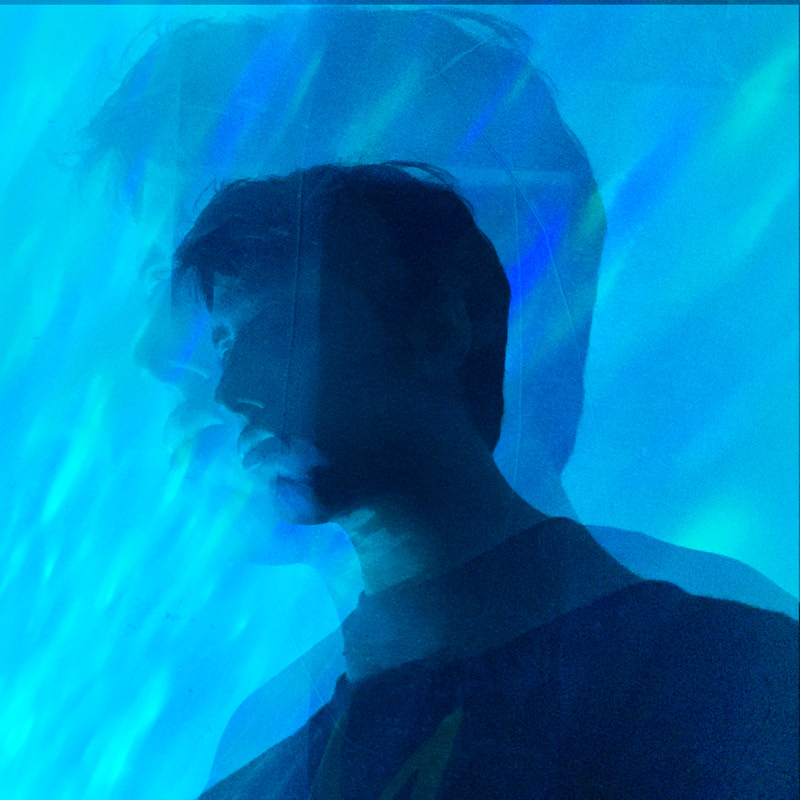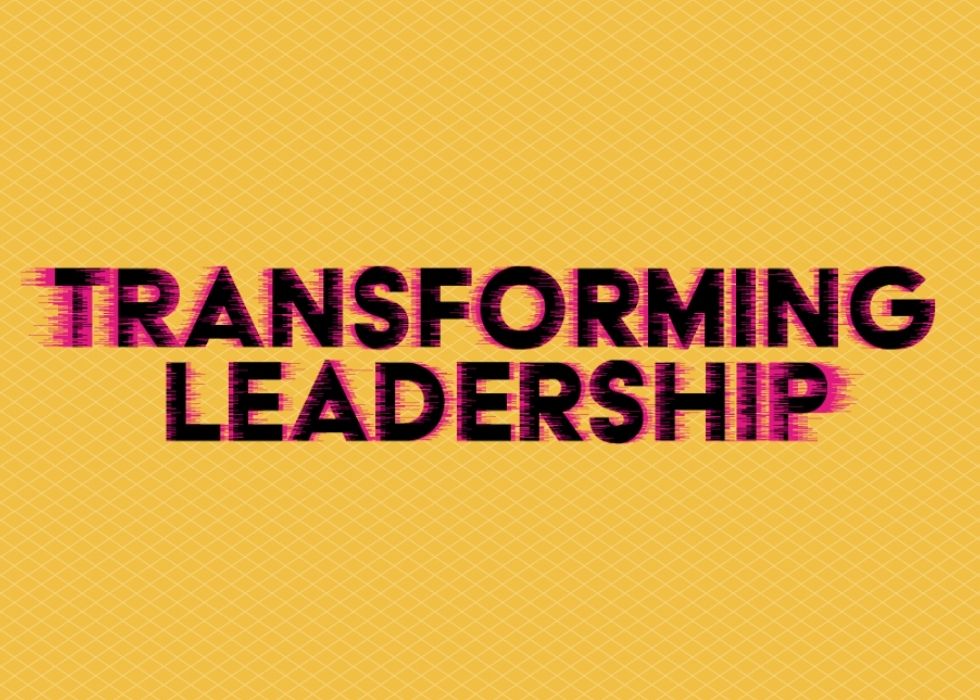Film and popular media are frequently guilty of misrepresenting neurodivergent people - relying on oversimplified tropes of neurodiverse behaviour to produce flat characters, written and performed by actors who are not themselves neurodivergent, with little room for nuanced storytelling and character development.
It is against this backdrop that the new short film What I’m Hiding From You comes in, featuring an all neurodivergent cast and crew. Directed by emerging filmmaker Conor Devlin-Powell (Strange World 11 productions), the film utilises the horror genre overlaid with beautifully intricate rotoscope animation to explore the act of masking, that is, when a neurodivergent individual suppresses parts of themselves to cater to and appease the neurotypical majority. What I'm Hiding From You turns worn out and ableist tropes on their head, providing social commentary on neurotypical expectations, to proudly reclaim neurodivergent identity as a powerful and valid way of being.
Following in the steps of Jordan Peele’s 2017 film Get Out and John Logan’s 2022 American slasher film They/Them (pronounced “they-slash-them”), What I'm Hiding From You utilises the horror genre to satirise benevolent prejudice. And it’s a genre that is perfectly adept in this regard. As Ethan Lyon, host of the Autism Through Cinema podcast explains: “the atmosphere of dread, confusion and panic that good horror cinema evokes provides the closest working model to the lived experience of autism.”¹ This visceral film creates an empathy between viewer and protagonist, clearly demonstrating how masking can act to smother identity, and cause neurodivergent individuals to lose touch with their authentic selves. What I'm Hiding From You compels the viewer to witness neurotypical society as the terror it is to many neurodivergent people.
What I’m Hiding From You takes inspiration from Tetsuo: The Iron Man (dir. Shinya Tsukamoto, 1989) and was commissioned by Autograph. It is an outcome of the Transforming Leadership project in collaboration with Shape Arts, on which Conor Devlin-Powell was a participant alongside six other disabled, neurodiverse and barrier-facing artists.
Devlin-Powell is currently fundraising for their next film production, Battersea Ghoulbusters. You can find out more and support the project here.
______
¹ Ethan Lyon, Autism and Horror, for evolutionofhorror.com, 29 September 2019.

is a London-based filmmaker and multi-media artist. Their work incorporates illustration, moving image and humour to challenge perspectives on disability, neurodiversity and mental health and takes a surreal genre-based approach.
In 2021 he released the short autobiographical animation Ink which premiered at South London Gallery's Convergence Community Film Festival and later featured on Million Youth Media’s YouTube Channel.
Devlin-Powell is a facilitator at the youth media organisation Mouth That Roars and has worked with institutions including BFI Film Academy, WorldSkills UK, Theatre 503, Mayor of London LDN Filmmakers, and Turtle Key Arts. They are currently developing a project with Fully Focused Productions. You can follow Devlin-Powell and his artistic journey on Instagram and via his website.
Engaging with neurotypical society is a multi-layered experience. Conor Devlin-Powell exposes the contortions and anxiety that this might provoke as a neurodivergent young person on the streets (and subways) of London. A visceral work that plays on ideas of Western social and medical model norms and subverts them to horror tropes."
- Maggi Hurt, film curator and consultant
Supporting and sharing the work of emerging disabled, neurodiverse and barrier-facing artists
Find out moreWhat I'm Hiding From You was made with the skills and support of Roo England (Camera), Isidro Ridout (Performer/Actor) and Jagun Meseorisa (Composer).
Part of Shape's Transforming Leadership programme, on which Autograph is proud to be a key partner.
Images on page: © and courtesy of Conor Devlin-Powell and Strange World 11 productions.
Autograph is a space to see things differently. Since 1988, we have championed photography that explores issues of race, identity, representation, human rights and social justice, sharing how photographs reflect lived experiences and shape our understanding of ourselves and others.